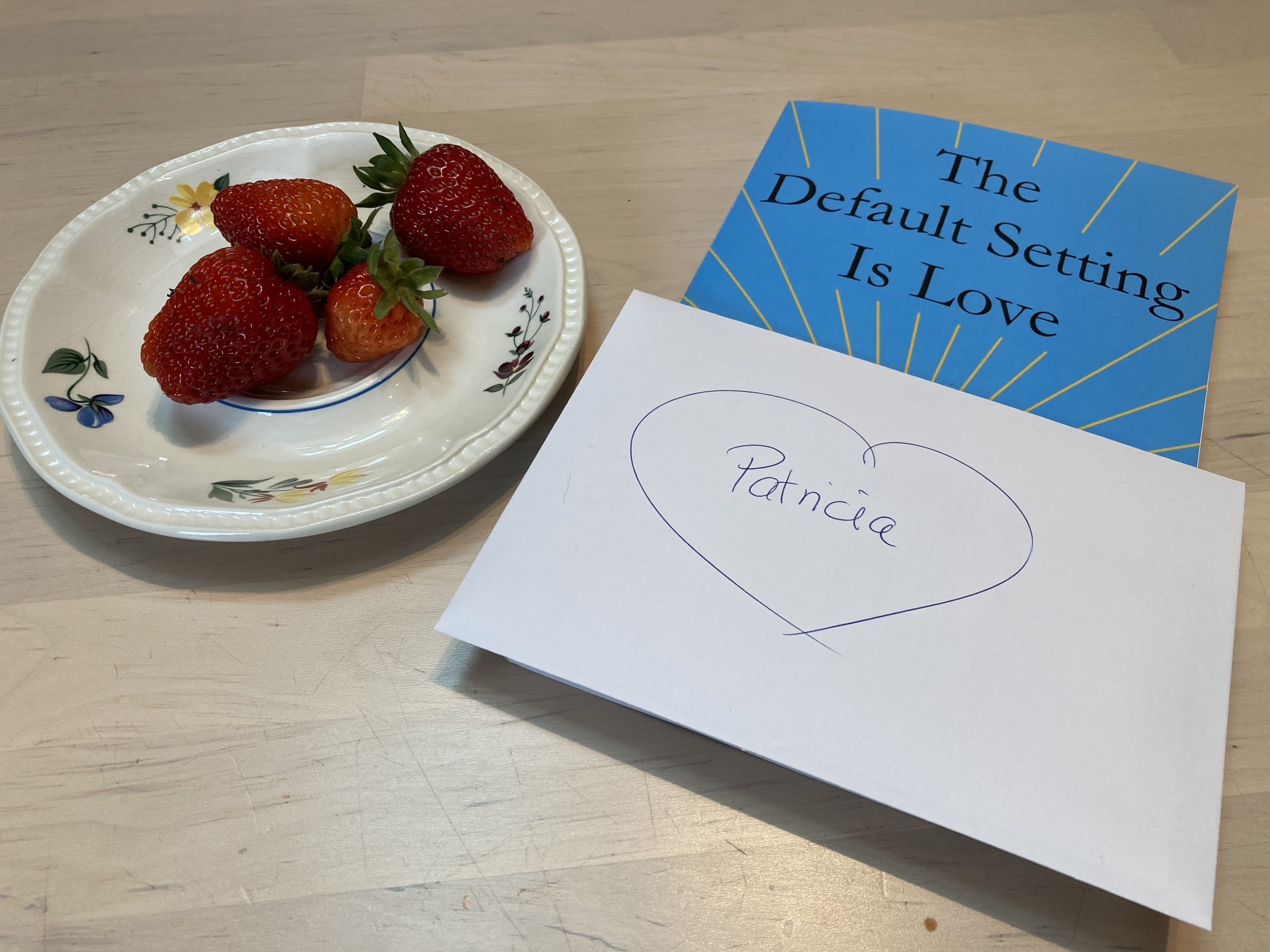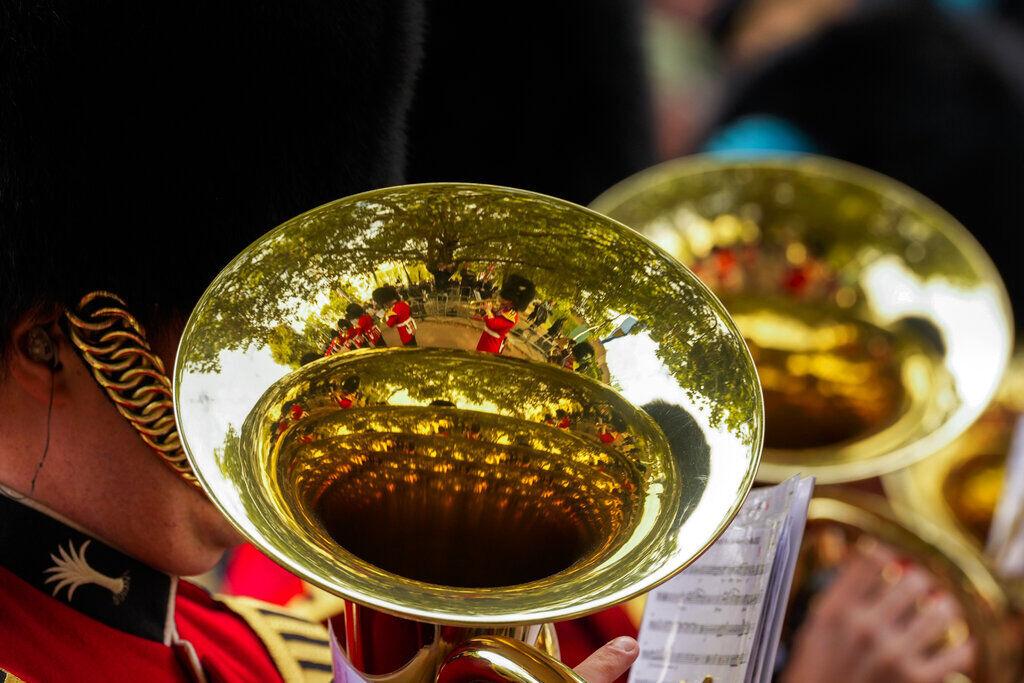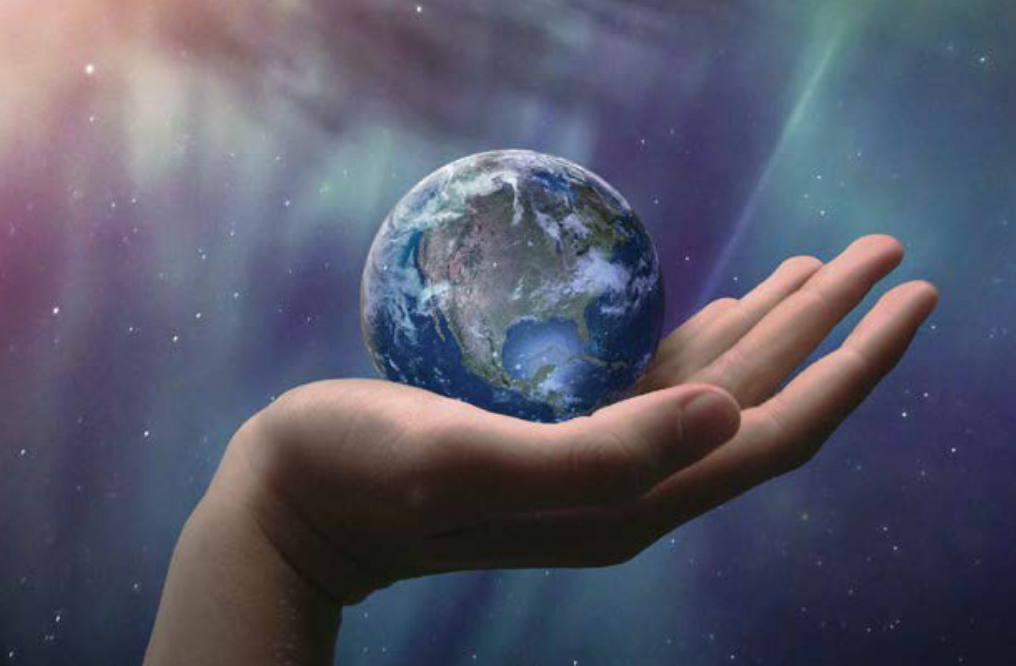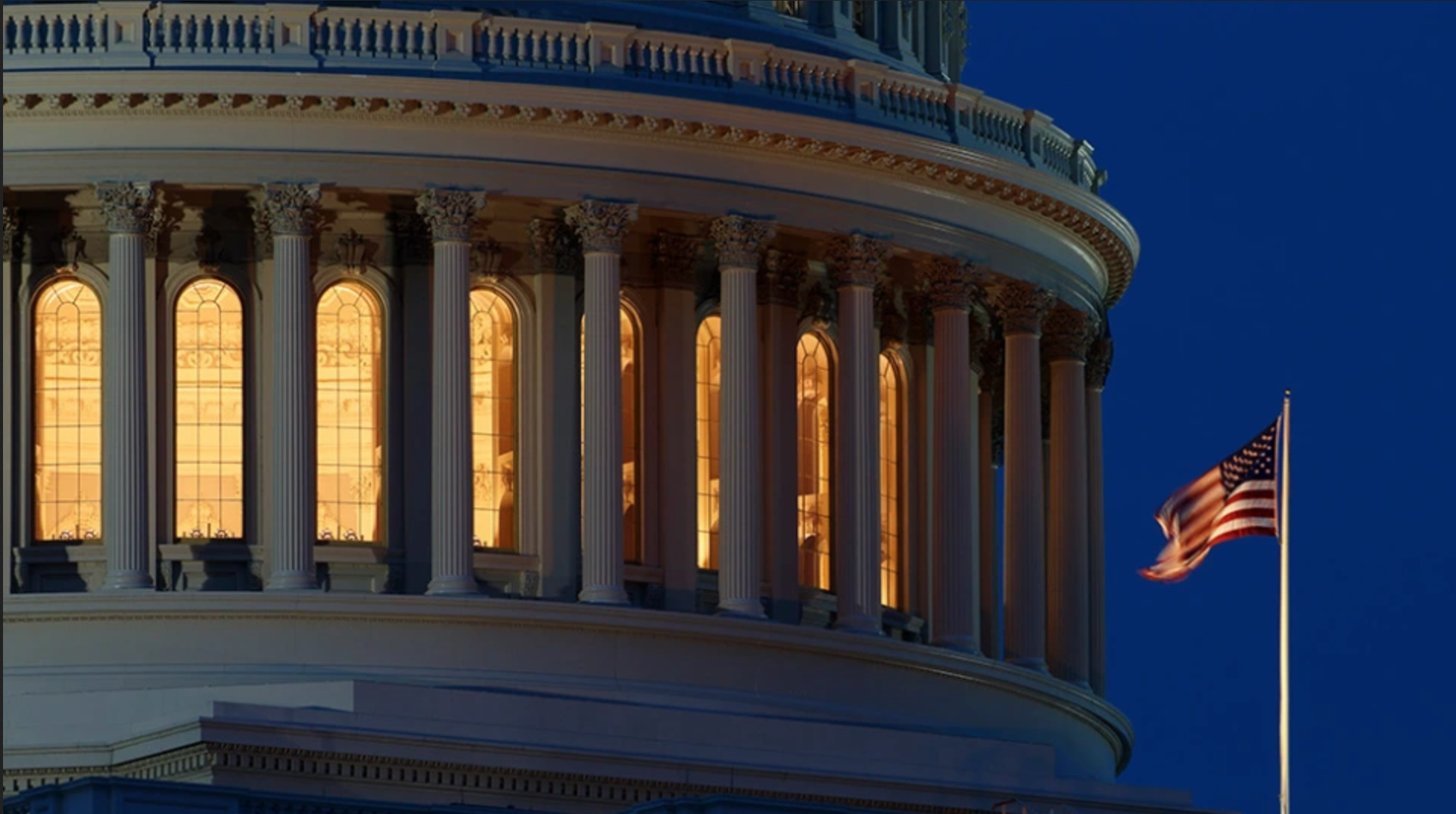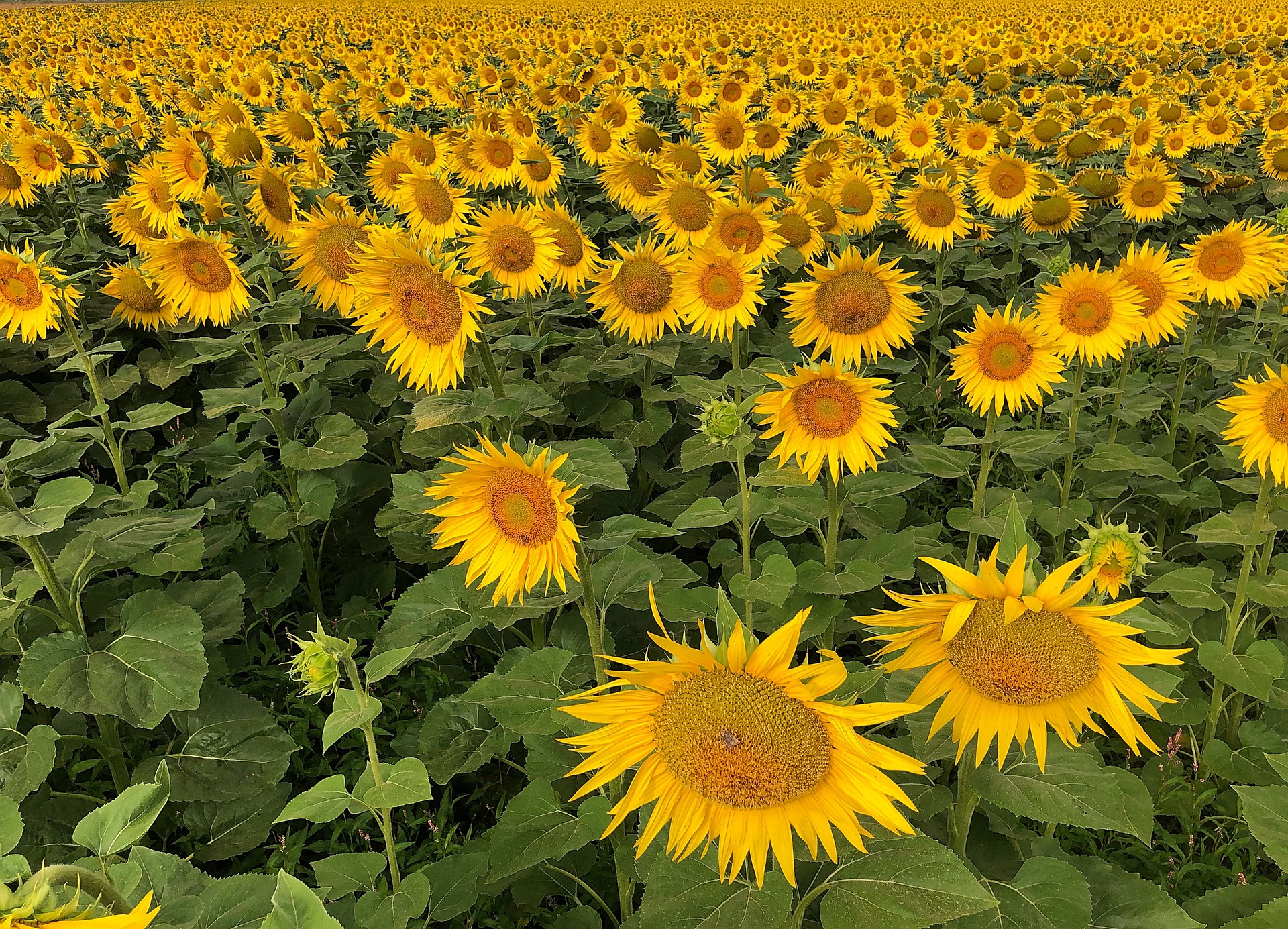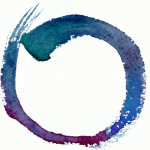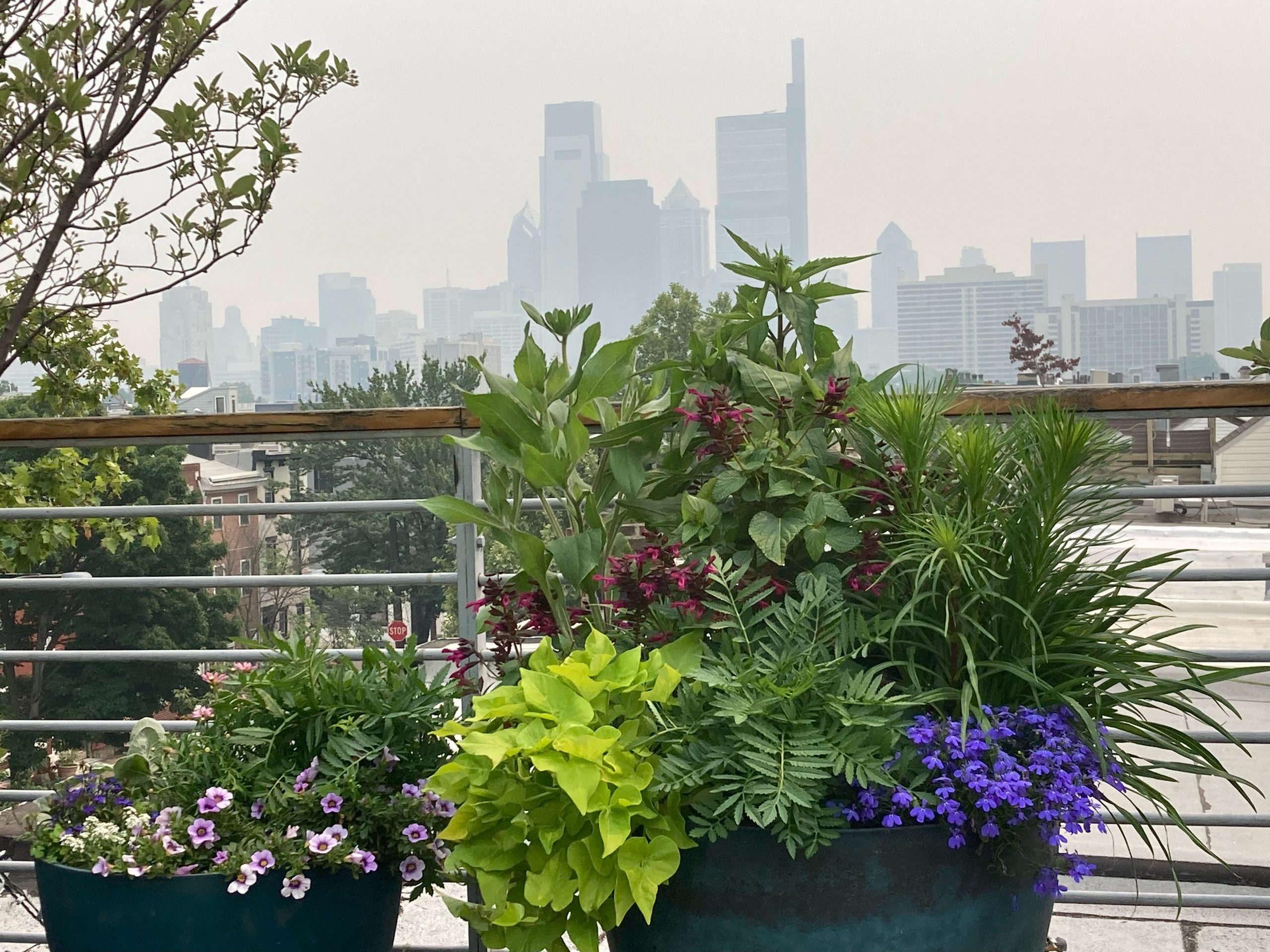
There was a brown-gray haze cloaking the city skyline, and the sun was rising red when I went up to our roof deck early this morning to do my morning journaling. I had already seen on my weather app that the air quality was “Unhealthy,” but I decided to go up anyway. After all, all I was going to do was sit and write. Nothing strenuous.
But when I saw with my own eyes what “unhealthy” air quality looks like, I thought, “I can’t be up here today.” Much as I love to start my day outside. Much as I enjoy being surrounded by the flowers that are blooming spectacularly right now in the pots lining the deck.
So I gathered up my journal and my pot of tea and was just about to go back inside when I noticed the chimney swifts flying overhead.
“They have no place to go,” I thought. No indoors they can retreat to. No N-95 masks they can don. They have to endure the smoke that is pouring down from the wildfires in Canada. They live their lives completely vulnerable to what we humans do or don’t do in response to the climate emergency.Continue Reading
